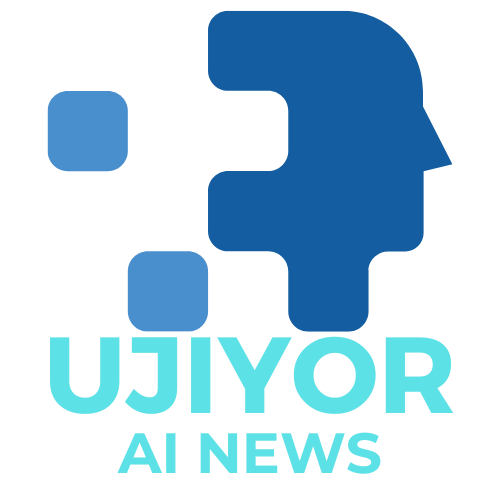Workday’s AI-Driven Layoffs: A Sign of the Times?
The AI revolution is here, but it’s not all good news—especially if you work at Workday. The enterprise software giant just announced it will be cutting 1,750 jobs, roughly 10% of its workforce, in a strategic shift toward increased AI automation.
For a company that has long positioned itself as a leader in human resource software, the irony is almost painful. The very technology that Workday promotes to help companies manage people is now replacing those same people.
This move raises big questions: Is this just another round of corporate restructuring, or are we watching the early waves of AI-driven job losses across the tech industry? Let’s dive into the numbers, the trends, and what this means for workers everywhere.
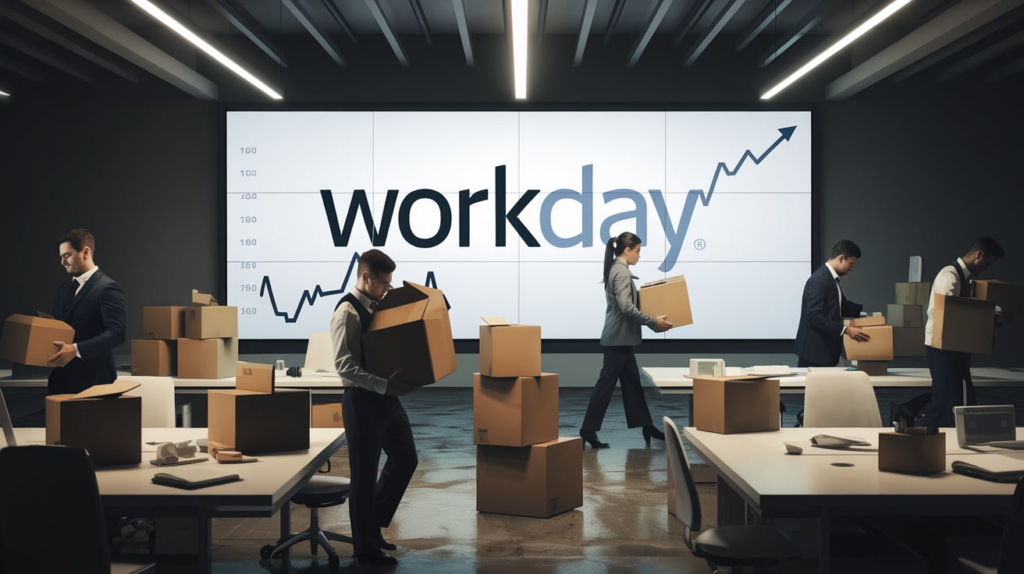
The Numbers: AI-Driven Layoffs Are Accelerating
Workday isn’t the first company to announce job cuts tied to AI, and it certainly won’t be the last. Across industries, companies are trimming their workforce and replacing human roles with AI-driven solutions.
AI-Driven Layoffs in Major Companies (2023-2024)
| Company | Jobs Cut | AI Implementation | Year |
|---|---|---|---|
| Workday | 1,750 | AI-driven HR automation | 2024 |
| IBM | 7,800 | AI replacing back-office roles | 2023 |
| Accenture | 19,000 | AI-driven consulting automation | 2023 |
| Meta | 11,000 | AI-driven content moderation | 2023 |
| Amazon | 27,000 | AI logistics & customer service | 2023-2024 |
- AI-driven job displacement is accelerating. In 2023 alone, over 65,000 tech jobs were cut due to AI automation.
- Companies are investing heavily in AI tools that reduce the need for human employees in administration, customer service, and data analysis.
- Workday’s move signals that even HR-focused companies are turning to AI to manage their own workforce.
So, why is Workday making these cuts now?
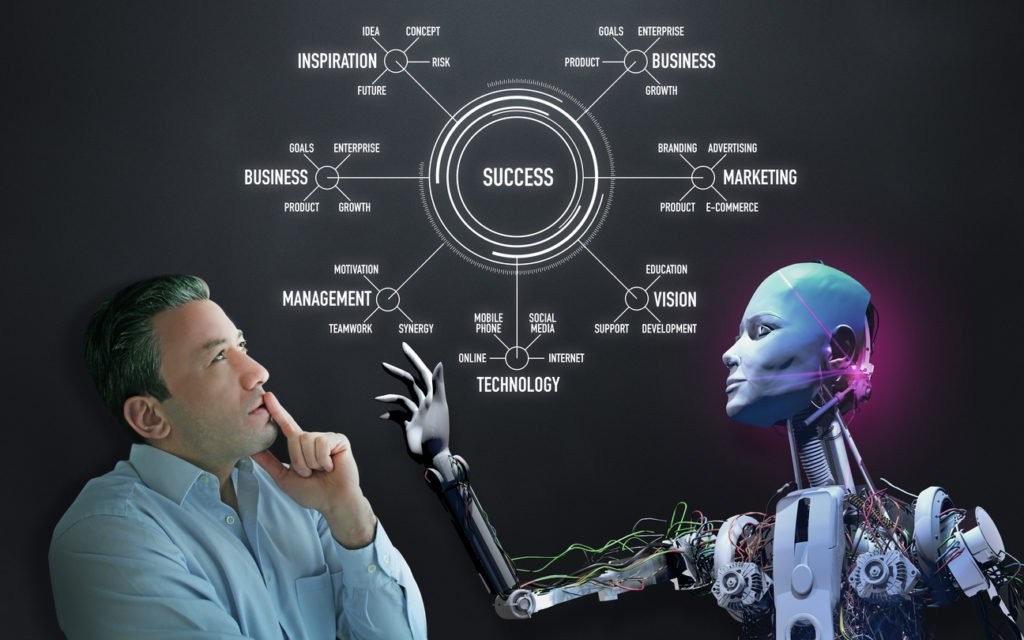
The Reason: Workday Is Going All-In on AI
For years, Workday has been a leader in HR and financial management software, helping businesses streamline payroll, hiring, and analytics. But with AI capable of automating many HR tasks, the company is pivoting toward a future where AI takes center stage.
🔹 More AI-Driven Automation: Workday is doubling down on AI to handle payroll processing, recruitment analytics, and employee engagement tracking.
🔹 Lower Operating Costs: By cutting jobs, the company can save millions in salary costs while improving AI-powered efficiency.
🔹 Increased AI Investment: Workday has announced a $250 million investment in AI to enhance its software’s capabilities.
Projected AI Spending in HR & Finance (2023-2026)
| Year | Global AI Spending in HR & Finance (Billion USD) | % Growth from Previous Year |
|---|---|---|
| 2023 | $4.2B | – |
| 2024 | $6.8B | 61% |
| 2025 | $9.5B | 40% |
| 2026 | $13.2B | 39% |
- HR and financial automation is one of the fastest-growing AI markets.
- By 2026, spending on AI in HR & finance is projected to surpass $13 billion.
- Companies like Workday are at the forefront of AI-driven workforce transformation.
But while investors might celebrate the shift, employees are left asking: Where do humans fit into the future of work?
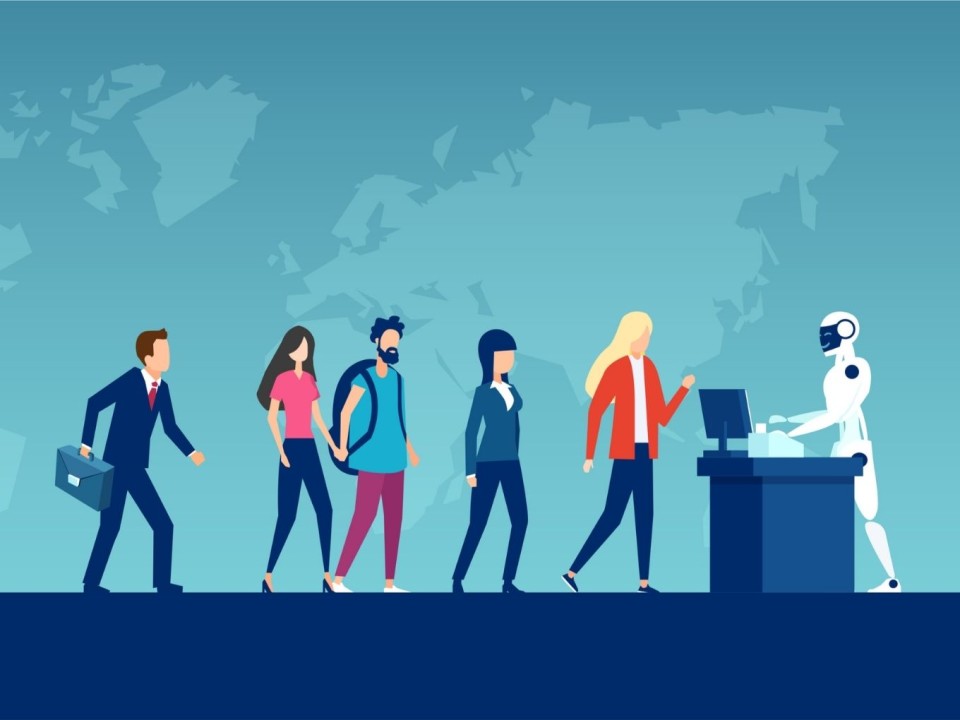
The Human Cost: What Happens to Displaced Workers?
Whenever companies announce layoffs, the corporate language is always the same: “strategic realignment,” “efficiency optimization,” or, in Workday’s case, “positioning the company for long-term success.”
But for the 1,750 employees losing their jobs, it’s much simpler: They’re out of work.
Who’s Most at Risk?
Certain job functions are more vulnerable than others when it comes to AI-driven automation.
📉 Jobs at Highest Risk of AI Displacement
| Industry | % of Jobs at Risk (by 2030) |
|---|---|
| Administrative & HR | 60% |
| Customer Service | 75% |
| Financial Analysis | 50% |
| Marketing & Content Creation | 55% |
| IT & Engineering | 25% |
| Healthcare | 15% |
🚨 Key Takeaways:
- HR and administrative roles are among the most at risk as companies integrate AI-powered hiring, payroll, and workforce analytics.
- Customer service jobs continue to be cut as AI chatbots and automated support take over.
- IT and engineering jobs are less vulnerable—for now—since AI still requires human oversight and development.
For those affected by Workday’s layoffs, the question becomes: What’s next?
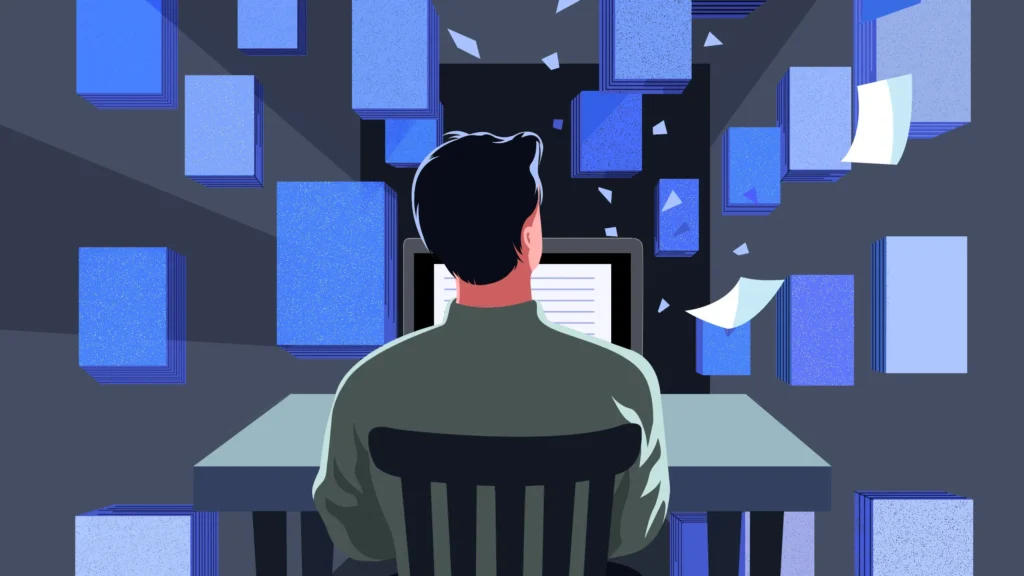
The Future: Can Humans and AI Work Together?
Despite the layoffs, AI isn’t here to eliminate work—it’s here to reshape how we work.
How Humans Can Stay Ahead of AI Automation
✅ Upskill in AI & Data Science: AI still needs human engineers, strategists, and ethical oversight.
✅ Focus on Soft Skills: Creativity, leadership, and emotional intelligence are irreplaceable.
✅ Shift to AI-Augmented Roles: AI can handle repetitive tasks, but humans will lead in strategic decision-making.
Will Workday’s Move Start a Domino Effect?
It’s very possible. Workday’s decision to replace workers with AI sends a signal to other companies that AI-driven layoffs are becoming an accepted strategy.
- If Workday sees cost savings and efficiency gains, other HR tech firms will likely follow suit.
- Big corporations watching Workday’s move might accelerate their own AI-driven job cuts.
- This could be the beginning of a larger AI restructuring across industries.
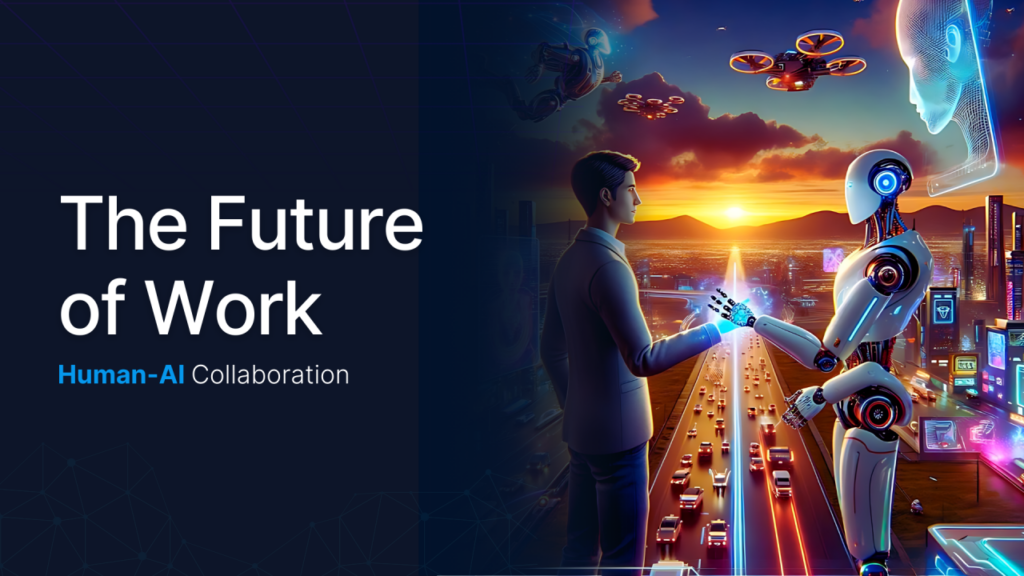
Final Thoughts: The Reality of the AI Job Market
Workday’s decision to lay off 1,750 employees isn’t just another corporate restructuring—it’s a clear sign that AI-driven job displacement is no longer a future concern, but a present reality.
✅ The AI industry is growing rapidly, and companies are cutting costs by automating more roles.
✅ HR and administrative functions—ironically Workday’s specialty—are some of the first to be impacted.
✅ Jobseekers must now adapt to a world where AI is not just a tool, but a competitor in the workforce.
So, is Workday making a smart strategic move? Or is this just the beginning of a massive wave of AI-driven job cuts across industries?
One thing is certain: AI isn’t coming for jobs anymore—it’s already here.

What Do You Think?
Are AI-driven layoffs inevitable? Should companies like Workday be doing more to protect workers? Join the conversation below!

